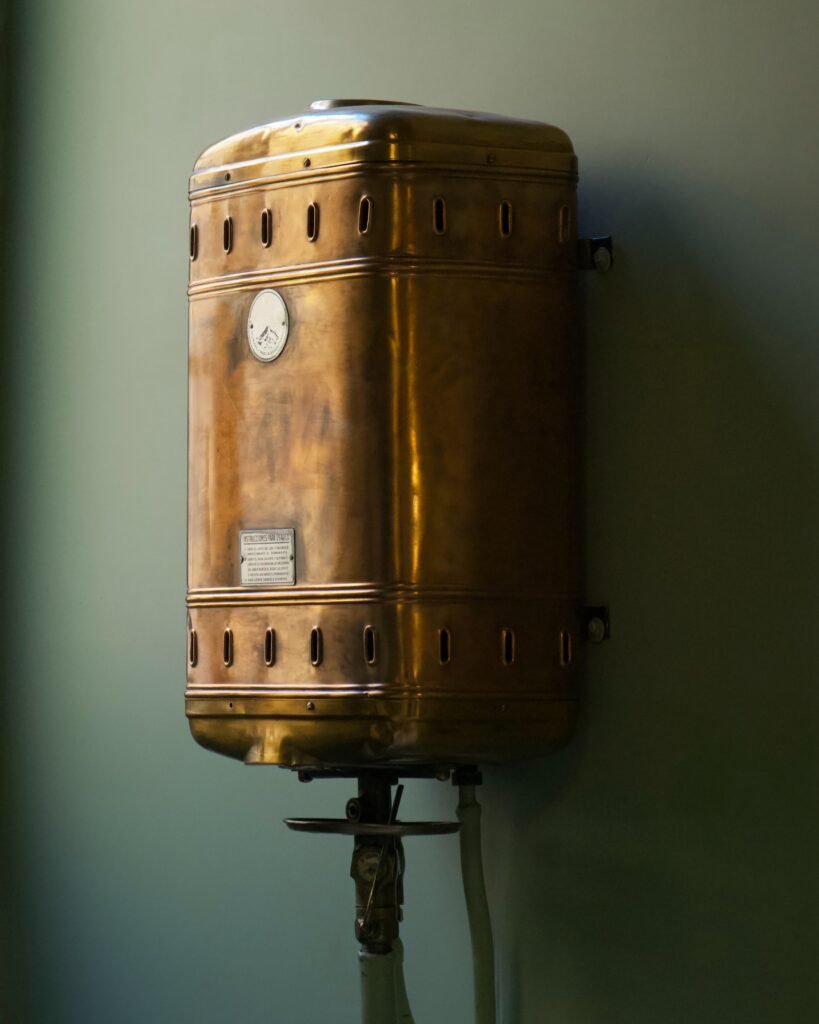
Home heating systems make up around 60 percent of any household’s annual energy costs, which can be problematic at this point when power generation costs have been rising steadily due to numerous factors.
Often old and increasingly inefficient boilers are the reason why a home’s power consumption tends to go off the charts in the depths of winter. Those that have seen a good deal of use over the years (possibly even decades) will undoubtedly be more of a hassle to maintain and operate than a newer model. The cost of maintenance is another thing to take into account, it is worth looking for the best combi boilers that suit your needs.
New boiler cost – especially for the upcoming hydrogen-ready models – will be considerable at today’s rates. But, think about it: the cost of new boilers will be considerably lower than constantly shelling out for sudden repairs.
How Do I Know if My Boiler is Energy-Efficient?
While new boilers certainly work better than old ones, the state and age of a boiler is not the only factor you should consider when it comes to computing costs. Based on an older system wherein boilers are rated on a seven-point scale with A being best and G being worst, A-rated boilers tend to be more than 90 percent efficient. However, older models, particularly those that have seen frequent and extensive use over time, will find themselves downgraded to a G rating, as their efficiency has gone down to 65 per cent.
You should also take into consideration the type of boiler that you have. Boilers are devices that condense waste gasses for later use. As a result, they are considered more efficient in energy, cost, and overall performance as they waste considerably less energy and are less expensive to maintain. On the other hand, non-condensing boilers tend to use up a great deal of power when you use them, leading to higher spending in terms of energy.
The physical state of one’s boiler also has its role in this. Properly maintained boilers may still rate well despite years of use and run most efficiently. On the other hand, poorly-kept boilers will cost a significant amount of money in fuel consumption, periodic repairs, and wastage in escaping heat and gasses.
What Sort of Boiler Should I Consider to Save Money?
Several viable options are available for putting in a new boiler or replacing an older and inefficient unit with a new one and surely you would like to have a list of the best combi boilers, so I’ll give you a couple of tips.
We recommend steering away from more traditional boiler setups in terms of boiler types. We mean the ones that involve putting in a reservoir or tank in your attic or basement. These tend to take up a great deal of physical space, especially if your home is on a considerably smaller scale, like a single-bedroom flat or studio-type apartment.
Combi boilers – the type that heats water on demand directly from the mains – are one of the most cost-effective and energy-efficient options, particularly for small families and those living in more compact spaces. Depending on the type (electric or gas-powered), they can also be a better buy in terms of cost, and even installation is a doddle. However, if you live in a home with more than one bathroom, a compact combi boiler may not be the right option for you.
That brings us to system boilers, which straddle the line between compact combis and more traditional boiler setups. These boilers work best in homes with a greater demand for heating and water. In particular, they are suited to larger family homes with multiple bedrooms and baths. In addition, these are highly efficient to operate and ensure a ready supply of hot water at any time.
How Much Does a New Boiler Cost?
This will depend on the type of new boiler you’re looking at. On average, however, it can go as low as £500 for the most modestly-priced combi boiler to a steep £13,500 for a powerful biomass boiler.
Again, do take into consideration the size of your home, your actual heating requirements, and your budget prior to making a purchase. It also helps to talk the matter over with your local HVAC professionals.



